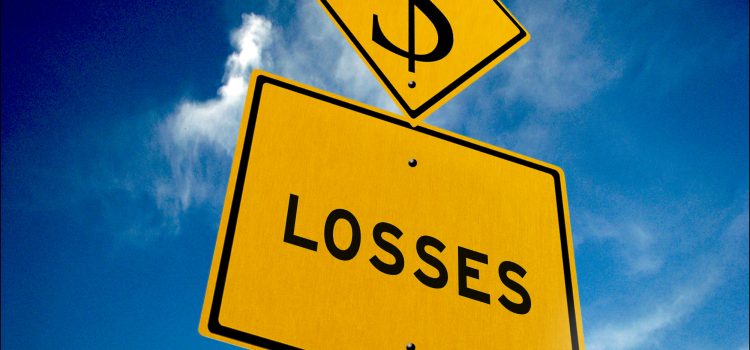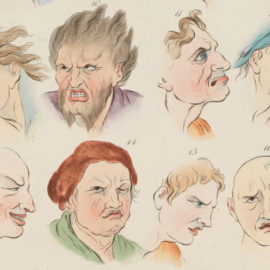

This article is an excerpt from the Shortform book guide to "Poor Charlie's Almanack" by Charles T. Munger. Shortform has the world's best summaries and analyses of books you should be reading.
Like this article? Sign up for a free trial here .
What is loss aversion bias? How do you avoid triggering the tendency?
The loss aversion bias is the tendency to prefer avoiding losses to acquiring new gains. This bias is triggered by the pain of losing something valuable in the past. You can manage the tendency by calibrating all your losses in true absolute terms, rather than relative terms.
Read on to learn more about the loss aversion bias.
What It Is
We hate having things taken away from us. Being deprived of things ignites a strong counterreaction.
We feel losses more strongly than gains. Losing $10 causes a stronger reaction than gaining $10 does. (Shortform note: read more about prospect theory in our summary of Thinking, Fast and Slow.)
If you almost get a reward and then have it jerked away, you feel as though you’ve had the reward the whole time and had it taken away, even though you never actually got it.
- For example, near-misses in gambling (like pulling two 7’s and a lemon in a slot machine) make you feel like you had the prize to begin with, then lost it.
We overweigh losses that are near to us—someone worth $10 million will regret losing $100 from his wallet, but not small a 0.5% loss in his assets that amounts to $50,000.
Why It Evolved
The loss aversion bias evolved because having resources was critical to survival. Losing resources threatened survival, and a strong reaction prevents making the same mistake again.
How It Can Be Harmful
The loss aversion bias causes us to overreact to the threat of a loss.
- Both Munger and Warren Buffett dislike open auctions, since they make you feel like you’ve almost won and stir you to keep bidding beyond the price you originally wanted to pay.
- In business, having things taken away may misguide your strategy. For instance, you might be worried about competition taking your market share, when the real prize to focus on is a new market people haven’t fought for yet.
A dog may bite the hand that feeds it but takes away food. Likewise, you might dislike someone who otherwise treats you well but occasionally takes something away from you (like an employer who takes you off a project).
The loss aversion bias synergizes strongly with inconsistency avoidance. The greater the investment in your venture (sunk cost), the greater the unwillingness to make changes will be.
- For example, your business may be doomed and require heavy changes that would rescue it, such as upending people’s livelihoods or depriving yourself of a way of life. This causes a strong deprival superreaction as well as a tendency to keep inertia in what you’re doing, so you end up not making the necessary changes.
(Shortform note: Denial may be a defense against deprival superreaction. For instance, say your spouse passes away; the deprival superreaction would be extremely crushing, and denial might protect your psyche through this loss, gradually exposing you to the truth over time.)
Examples of Loss Aversion Bias
- Charlie Munger once bought 300 shares of an oil company at $115 each with cash. He was offered another 1,500 shares but he didn’t want to liquidate any other assets to get the cash needed, so he refused. Later, Shell bought the company for $3,700 per share. He learned the lesson—if felt that the stock was at a good value, he should have paid more at that value and ignored his deprival reaction.
- Workers often object to decreases in salary, since it represents a pure loss. However, this often requires that companies close or fire people rather than renegotiate salaries downwards.
- Gamblers have a passion to get even once they suffer a loss. This passion grows with the size of the loss.
Antidotes
To avoid problems caused by loss aversion bias, calibrate your losses in true absolute terms, rather than relative terms. For instance, losing a $100 bill from your wallet is far less impactful than a bad habit that costs $2,000 a year or a 1% loss on a large investment.
To avoid triggering deprival reaction in people when you need to take things away from them, build an extreme culture of courtesy and respect.

———End of Preview———
Like what you just read? Read the rest of the world's best book summary and analysis of Charles T. Munger's "Poor Charlie's Almanack" at Shortform .
Here's what you'll find in our full Poor Charlie's Almanack summary :
- A collection of Charlie Munger’s best advice given over 30 years
- Why you need to know what you’re good at and what you’re bad at to make decisions
- Descriptions of the 25 psychological biases that distort how you see the world






